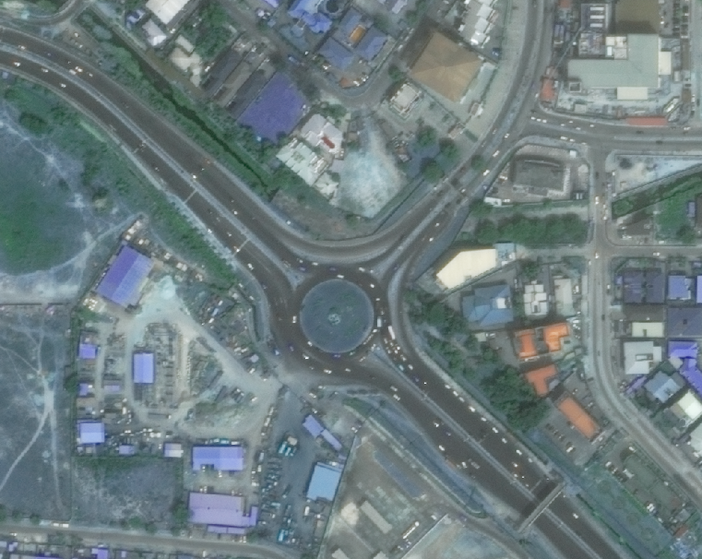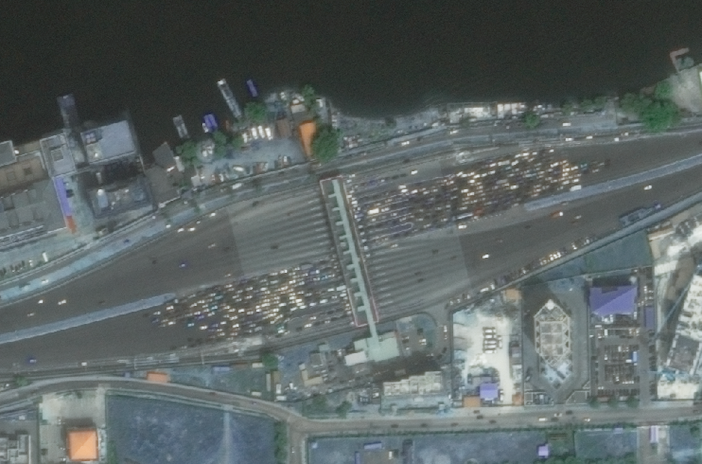UK-based navigation tech start-up Route Masters has announced it is developing a solution to deliver transport flow models based purely on Global Navigation Satellite System (GNSS) positioning data – with the aim of delivering infrastructure-light, smart traffic management to African cities.
Route Masters, which was spun out of an academic project at Oxford University, is now working in collaboration with SPRINT (SPace Research and Innovation Network for Technology) – a consortium of five of the UK’s leading space universities, led by the University of Leicester and including the University of Edinburgh, The Open University, University of Southampton and University of Surrey – which is providing £4.8 million grant to fund the project.
The new technology utilises applied mathematics to build digital route maps, superimposed on satellite-based city maps, that will accurately deliver journey times and even modes, which can be determined by the unique algorithms aggregating variables (position, time, dwell etc) and crossing information from accompanying datasets. The resulting information will be invaluable for city planning and mobile navigation applications for consumers.
The GNSS data for the system is obtained from moving GNSS enabled smartphones. Satellite data is used in conjunction with this to understand junctions and stops in areas not formally identified in the emerging world and to help validate the model. Data fusion will combine dual-band GNSS with single-band GNSS and satellite-derived city maps. The solution will be tested and deployed as an active prototype in Lagos, Nigeria.

“We’re a highly ambitious sustainable business with the goal of creating the largest technology-enabled data platform for transport on the African continent,” says Meir Wachs, CEO of Route Masters. “The support of SPRINT will enable us to develop our technology in specific areas, working with the Leicester mathematics school to accelerate our development in certain key areas and to build a robust and rigorous solution that can make an actual impact on the world.”
Alberto Paganini, lecturer in applied mathematics at the University of Leicester, says: “Projects such as this SPRINT one with Route Masters are of great benefit to the University as they enable us to engage with vibrant companies and transfer our knowledge into commercial innovative applications. We’re bringing advanced mathematical methods, data analysis and software development to the project, not only supporting the commercial development of Route Masters’ technology but also allowing us to integrate the insight gained into our curriculum to further enhance the employability skills of our students.”
Muyiwa Omopariola, lead transport analyst at the Lagos Metropolitan Area Transport Authority (LAMATA) also expresses his support for the project, noting: “ I greatly support technology innovation in the transport sector, especially in Lagos and across the emerging world. We look forward to seeing their continued progress.”





